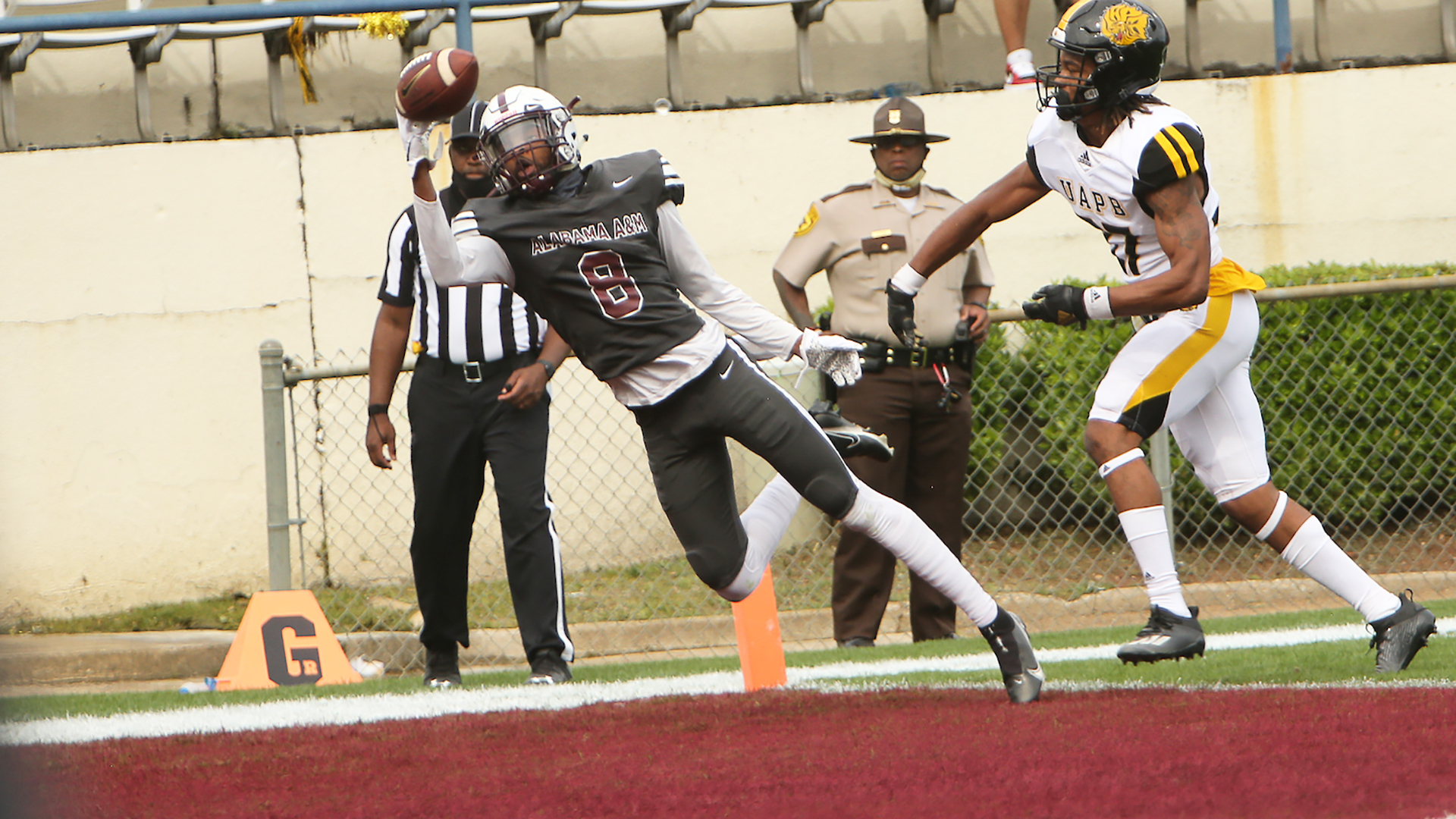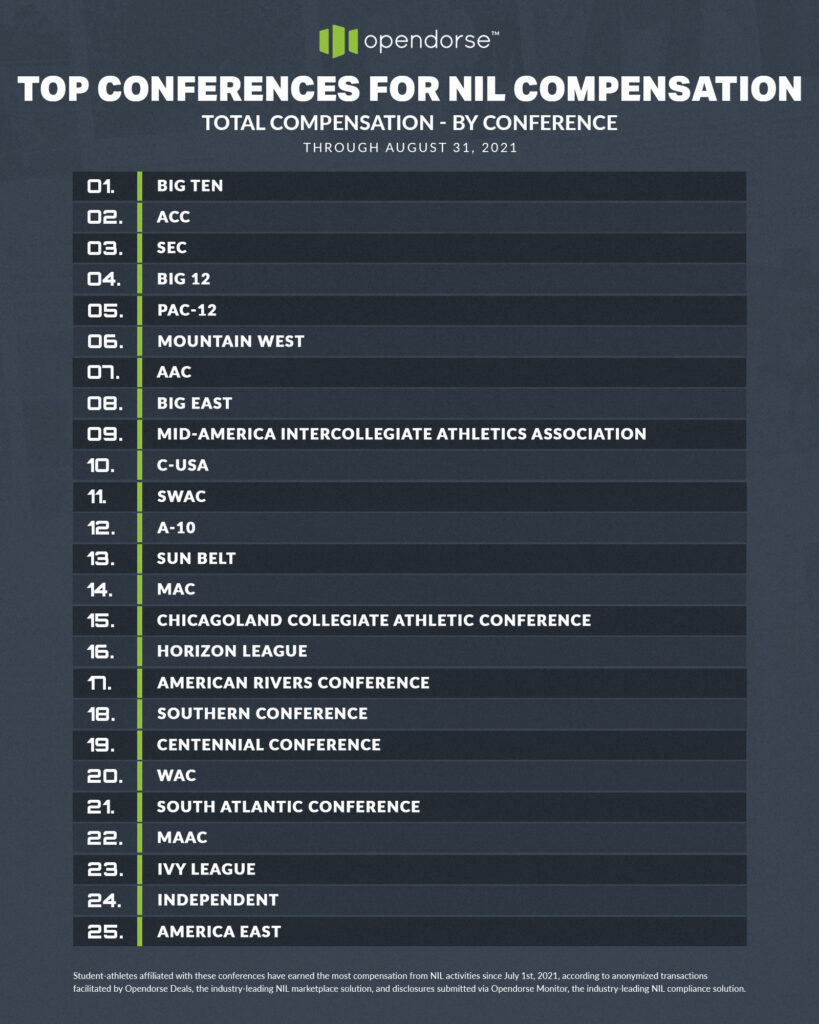Since the NCAA authorized a bill that allows college athletes to be compensated for their name, image and likeness, few conferences in the country have benefitted more than the SWAC.
According to Opendorse, a marketing company that assists athletes in maximizing endorsement values, SWAC athletes have raked in the 11th-most NIL revenue in Division I, the Clarion-Ledger reported.
The Big Ten ranks first, the SEC third and Conference USA ranks one spot ahead of the SWAC, at No. 10.
Also read: Former HBCU athletes say new NIL policy will put money in pockets, encourage graduation
NIL reform is proving that smaller schools, like HBCUs, have gained leverage in the marketplace thanks to local businesses (and national companies) that want associations with athletes who are not necessarily Power Five future NFL stars.
Endorsement deals are led by Jackson State, which currently boasts several players who have cashed in on those relationships.
True freshman quarterback Shedeur Sanders signed a deal with Beat by Dre, becoming the company’s first-ever collegiate brand ambassador.
Sanders’ deal came months after JSU linebacker Antwan Owens became the first NCAA athlete to sign an official endorsement deal when he ink an agreement with 3 Kings Grooming, a Black-owned hair product business.
Around the conference, Alabama A&M, wide receiver Zabrian Moore and running back Gary Quarles signed deals with Boost Mobile. Quarterback Aqeel Glass launched his own merchandise line.
Arkansas-Pine Bluff offensive lineman Mark Evans II was one of four offensive linemen selected by Denny’s to represent the brand’s All-Pancaker Team.
At Florida A&M, the school announced a multi-year partnership with INFLCR to help athletes maximize NIL opportunities.


